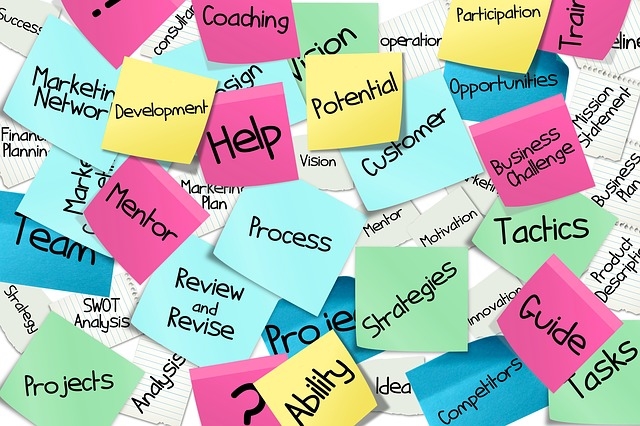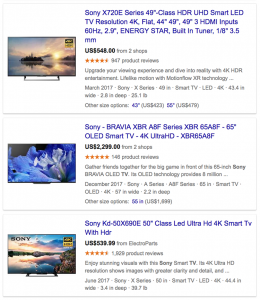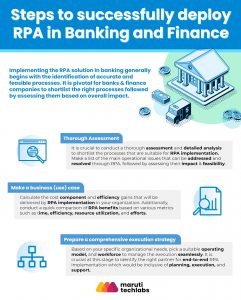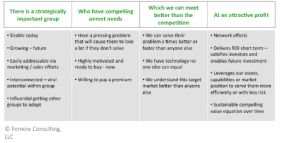— October 5, 2017

geralt / Pixabay
When you’re desperate to find a new job, it can be tempting to throw your hat into the ring for any job that you have the slightest interest in or potential of landing – even if it’s not the best fit. The quickest way to do this is to create a catch-all resume that hits on the main points of your career and experience and then submit away. This is also a quick way to get yourself eliminated from the competition.
Employers can often tell when a candidate submits a generic resume because it’s just that – generic. There’s no indication that you did your research about the company or the position. There’s nothing that creates a strong tie between you and the role or emphasizes why you’re a good fit.
Downfalls of a Generic Resume
No two companies or positions are exactly the same. What a sales rep for Company A is expected to do may differ from what Company B wants. By generalizing your resume, you may hit or miss some or all of the competencies they’re looking for. If your resume is not in alignment with the job posting or company culture, you’re putting yourself at a disadvantage from the start.
You’re wasting an opportunity to make the strongest impression. Being too vague about projects you’ve worked on or accomplishments achieved can make your resume seem like a lot of fluff. At the same time, emphasizing irrelevant skills for the job can make it seem like you didn’t read the job description at all – or didn’t care what the employer was looking for.
You might be sabotaging your chances. Even if you do make it past the first round of screenings and someone takes a closer look at your resume, an all-purpose approach can make you appear less impressive than the next candidate who took the time to tailor their resume to the job. If it’s down to the two of you, the other person likely has the stronger chance of landing the interview.
Customizing Your Resume
That is why you should tailor your resume for every single position you apply for. Before you panic thinking about how much work that will entail, it doesn’t have to be that difficult. You can use your generic resume as a base and work from there. Focus on tweaking your summary to emphasize your key strengths and abilities as they pertain to the role. Swap out core competencies to fit with keywords used in the job description. You don’t want to leave employers guessing about what you bring to the table or why you’d be a good fit – you want to impress them right off the bat.
The top section of your resume is the main portion you’ll be customizing. After that, look through your experience and find opportunities to highlight specific skills, projects, or accomplishments that employers will find attractive. You may want to rearrange your bullet points or target different aspects of your role. In general, the work you’ve done won’t change, but what you choose to focus on might. You’re not rewriting your entire resume every time you apply for a job.
Make your resume a strong representation of who you are and what you can do. Don’t put yourself at a disadvantage from the start by having a generic resume that could apply to anyone.
Business & Finance Articles on Business 2 Community
(76)








